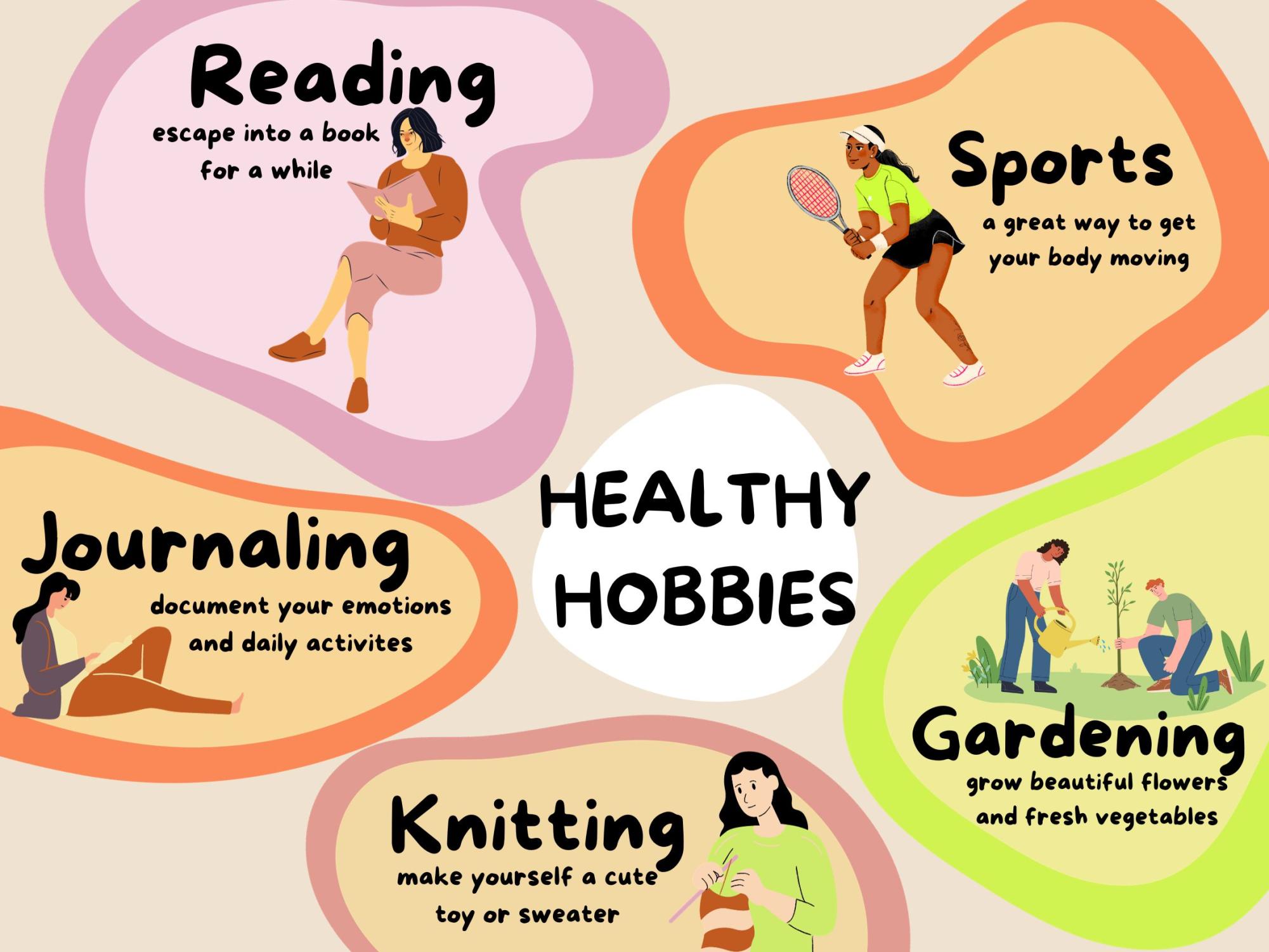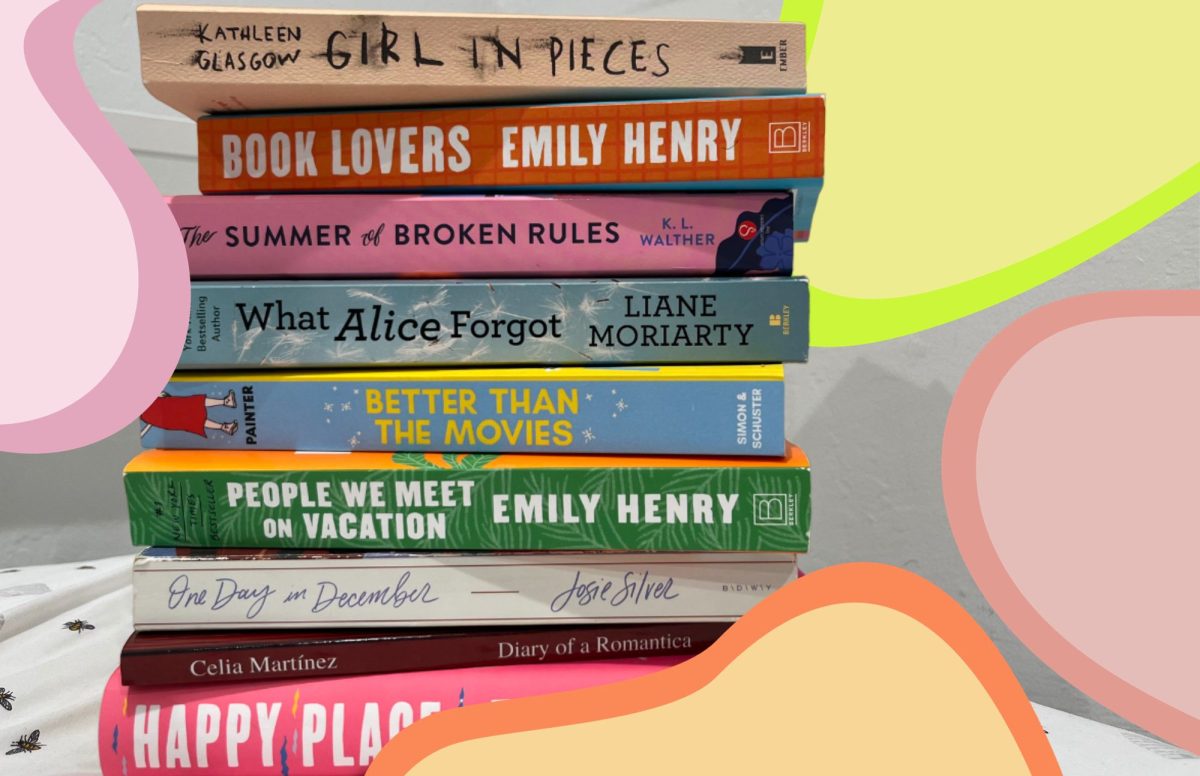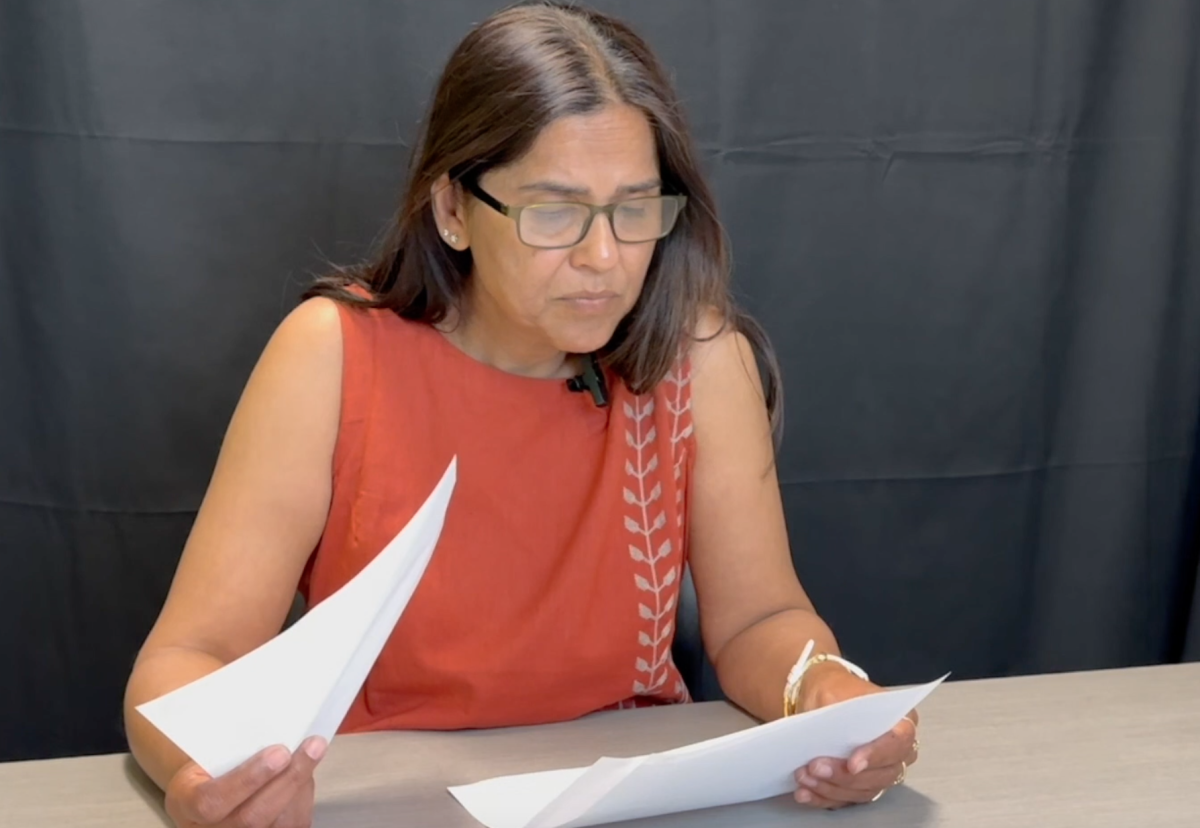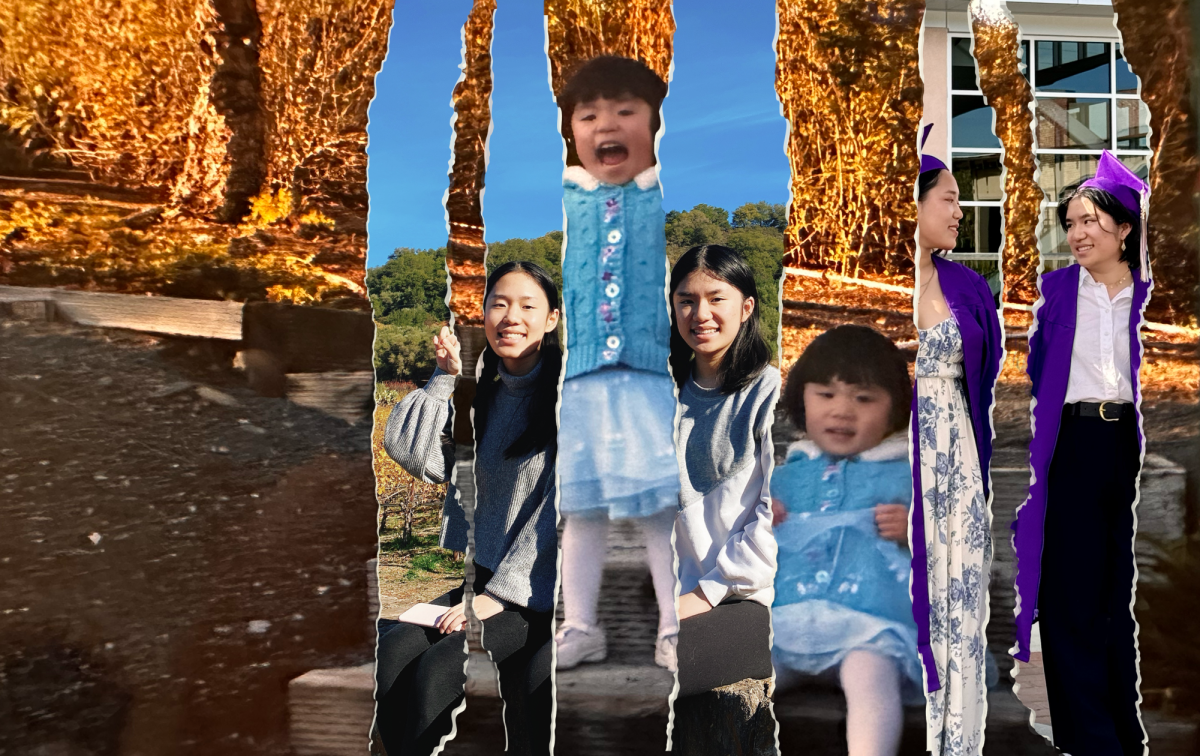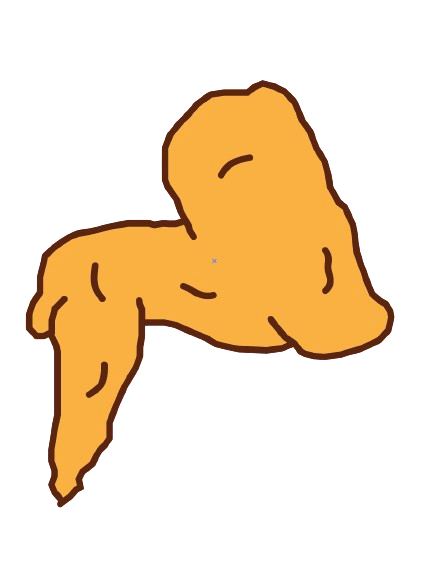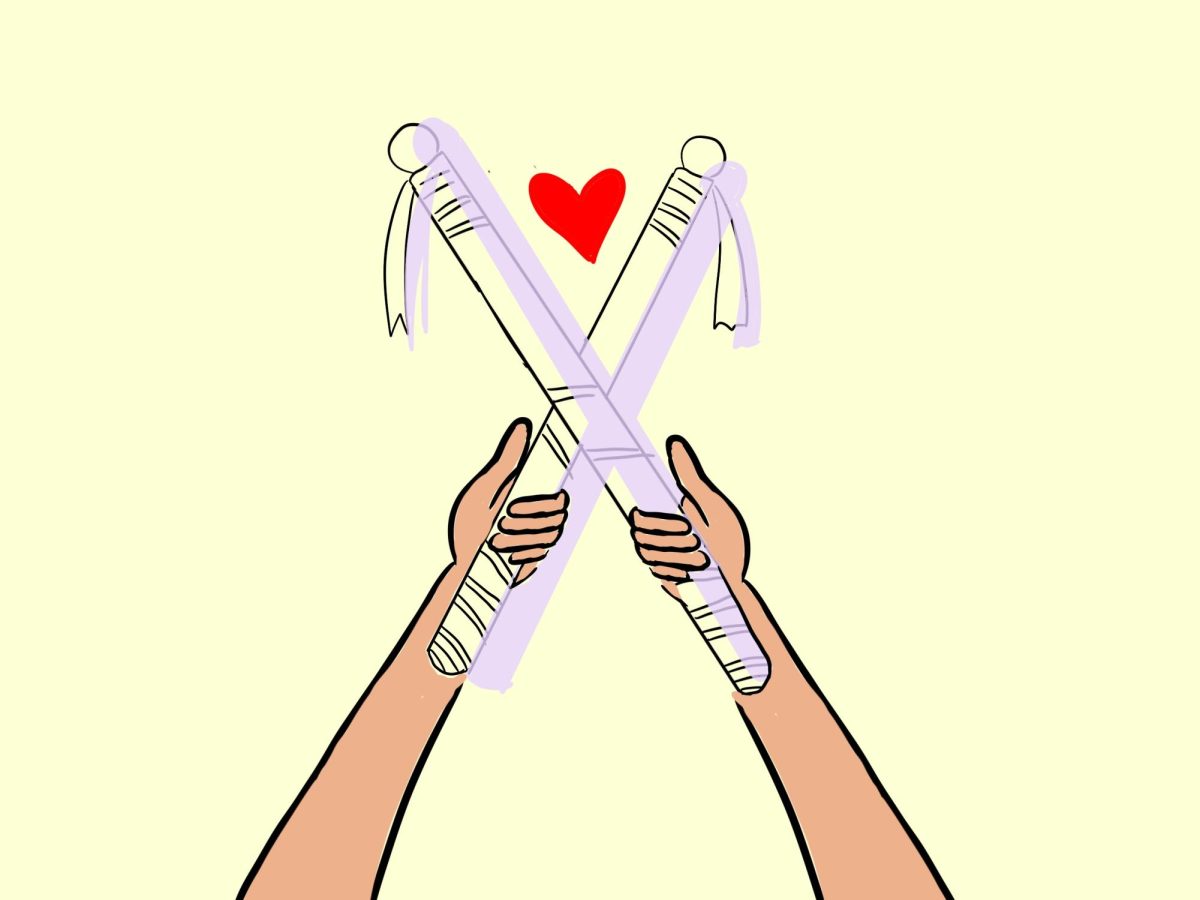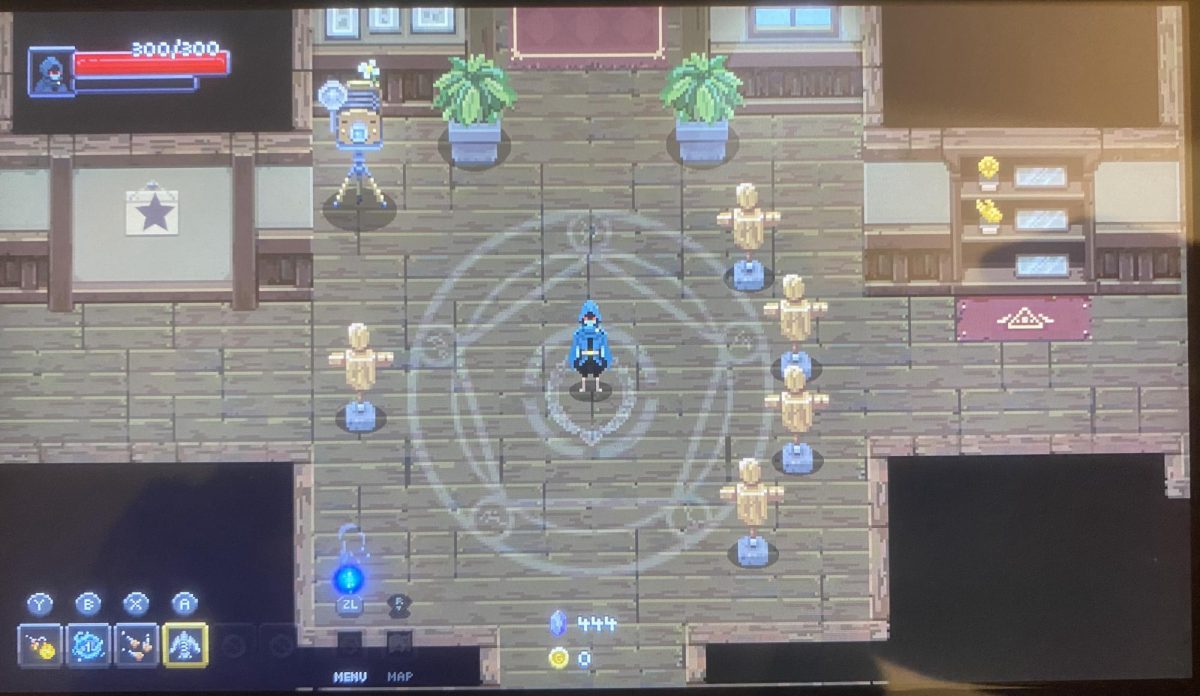I used to read romance novels religiously — disgustingly cheesy teenage rom- coms that all end with the same true love’s kiss. The addiction peaked during quarantine, when I could find my escape in its predictable tropes and inevitable happy endings.
As a middle schooler, my coping mechanisms were largely limited to these books, which gave me time to calm my mind and were a source of reliable happiness even when the world looked grim. Yet, as I entered high school and took on the identity and consequential stress of the quintessential MVHS student, I slowly lost this hobby.
I recently had a conversation with a good friend that started, naturally, with a complaint about MVHS. I had made a one-off comment about the pressure of being the model student in an environment where everyone was a model student. The comment then turned into a larger discussion, exploring how we each coped with the world around us.
During the conversation, I realized that the books I used to surround myself with had slowly been replaced with college-certified extracurriculars. When I stress about my academics, I turn to Model UN, Robotics, Leadership and El Estoque to give myself a break. My friend found that funny. She joked, “You use stress to deal with stress.”
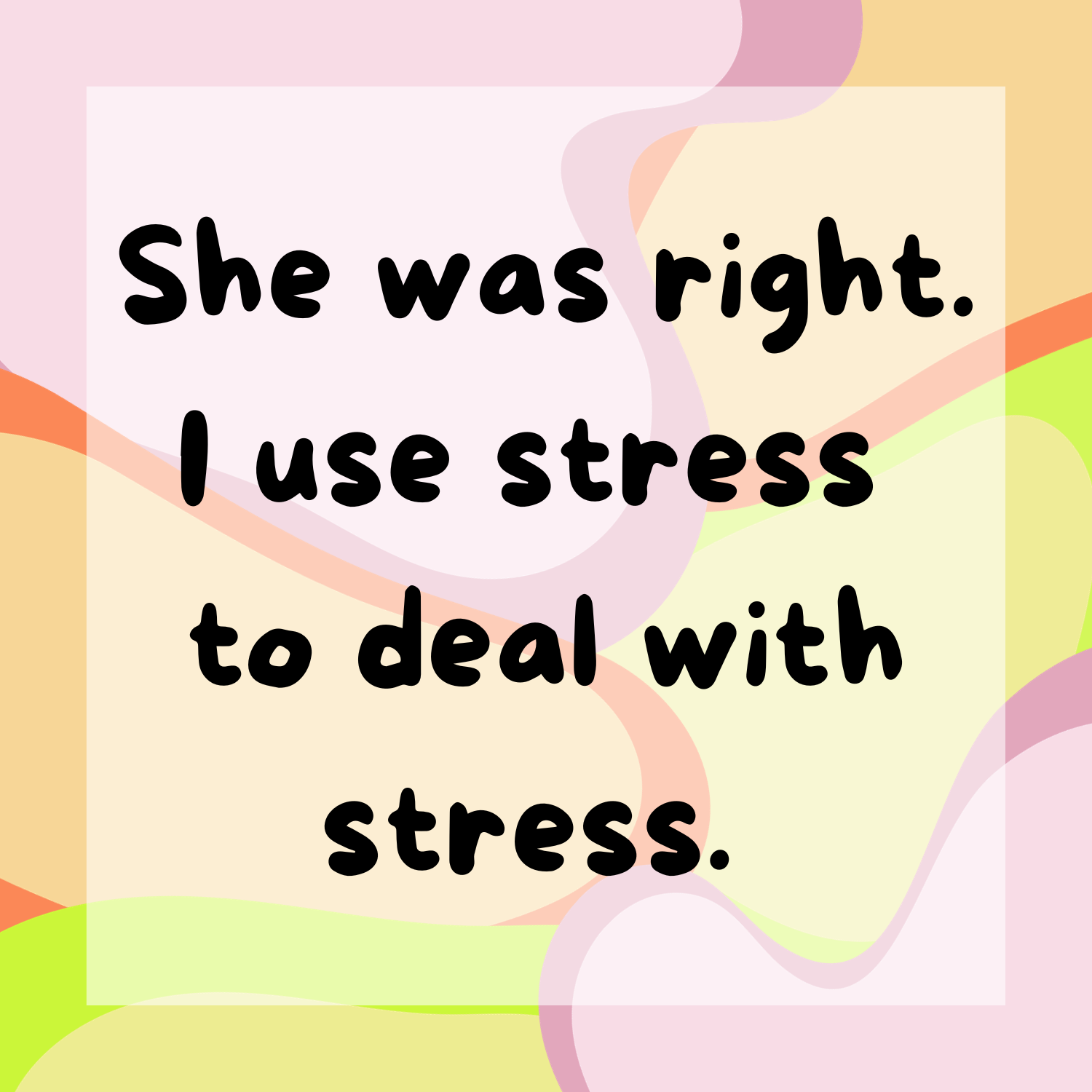
At that moment, I laughed it off. Still, the thought had left me feeling defensive. Later, when reflecting on the conversation, I came to terms with why: she was right.
I use stress to deal with stress.
The coping strategies I’ve picked up all have a level of responsibility attached to them: the responsibility to be a good officer of the clubs I’m in, to be a good leader, to be a good editor. That responsibility that my extracurriculars require of me is inherently contradictory to the idea of a coping mechanism because to cope is to breathe freely. It is to have a moment for myself to effectively deal with the stress and difficulties in the life around me. In turn, those strategies are rendered ineffective once they become a source of stress and difficulty as well.
Still, there is undeniable pressure, especially as a high school student, to be constantly doing something productive. As I look around at others, it is so easy to feel like I’m never doing enough, always a step behind everyone else. This is exacerbated at MVHS, where the competition is steep and the bar is set high.
However, this is a recipe for burnout, a common phenomenon within MVHS that is a direct byproduct of our collective refusal to take a break. As we celebrate those who overwhelm themselves with responsibility and push ourselves through our own exhaustion, we as a community perpetuate the futile attempts at coping that lead to burnout in the first place.
I am no saint either. As I continue to chase the unreasonable expectations I set for myself, I realized that I’ve begun to neglect the healthy coping strategies that got me through middle school.
So, recently, I took a step back and reexamined the ways in which I cope. I’ll always have fun with the extracurriculars I do and appreciate the responsibilities each has given me. But I’ve also allocated a few minutes to relax, taking up a romance book in my spare time: “If You Could See the Sun” by Ann Liang, which, on a side note, I highly recommend.
As a community of stressed high school kids, we need to collectively find our healthy coping mechanisms. While mine comes in the form of romance books, there are a million other ways of turning your brain off for a bit and giving yourself some grace. They can be simple. In fact, the more mindless the better. Still, no matter what form it takes, it is essential to recognize that it is okay, beneficial even, to cope in a way that works for you, even if it isn’t productive.
